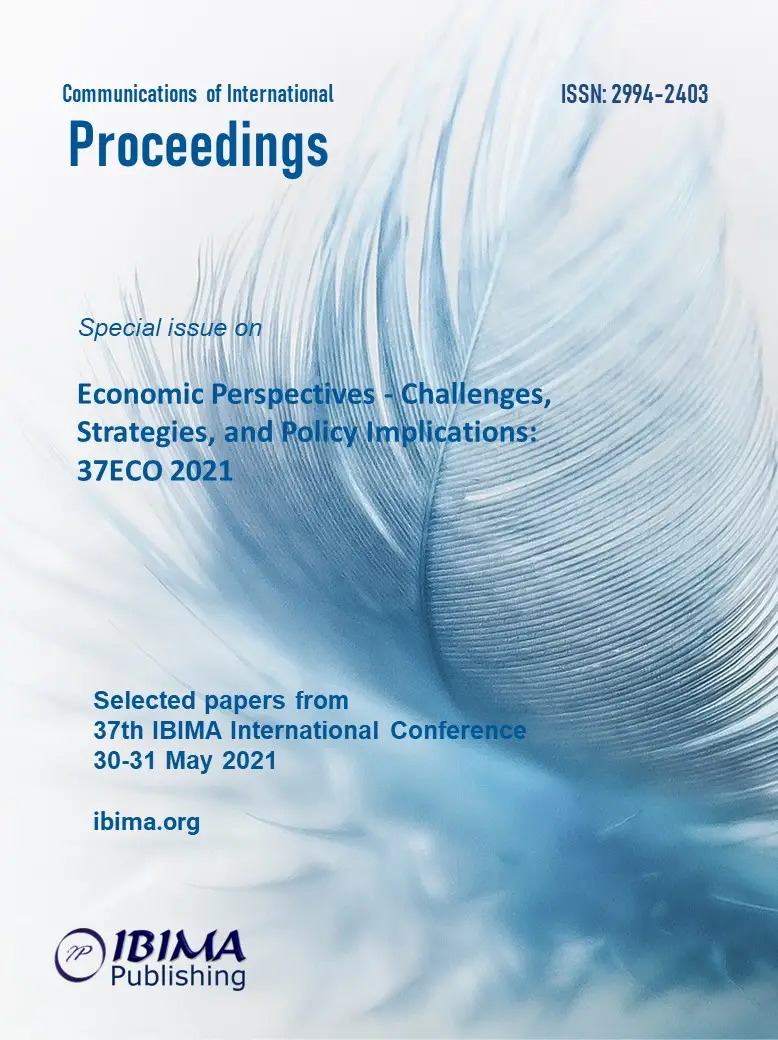
1Evgeniya K. KARPUNINA, 2Gulnaz F. GALIEVA, 3Valentina A. RUDENKO, 4Elena N. SOKOLOVSKAYA and 5Natalia V. POLUYANOVA
1Derzhavin Tambov State University, Russian Federation
2Ufa State Petroleum Technological University, Russian Federation
3Moscow Engineering Physics Institute (MEPI), Russian Federation
4Ukhta State Technical University, Russian Federation
5Belgorod State University, Russian Federation

The aim of the study is to explore the regional specifics of the development of the collaborative consumption economy in Russia, as well as to assess the ongoing changes in terms of the covid-19 pandemic. The authors have established the presence of a trend of catching up with the development of the collaborative consumption economy of Russia in the global space. It is determined that in the period 2017-2020, there is a rapid growth in the sectors of the collaborative consumption economy in Russia (C2C sales of things, services of private individuals freelancers, carsharing, carpooling, short-term rental of accommodation facilities). The authors proved that the nature of the collaborative consumption economy in Russia is influenced by the concentration of consumer demand in megacities, the high level of Internet use by individuals and households, as well as the uneven transport system development. The analysis of the regional specifics of the development of the collaborative consumption economy sectors in Russia allowed the authors to conclude that there is a trend of expansion of the co-consumption economy services in the regions and a more uniform distribution of the objects of this sector in the territorial context. The authors proposed measures to promote the long-term development of the collaborative consumption economy in Russia, including during the covid-19 pandemic.